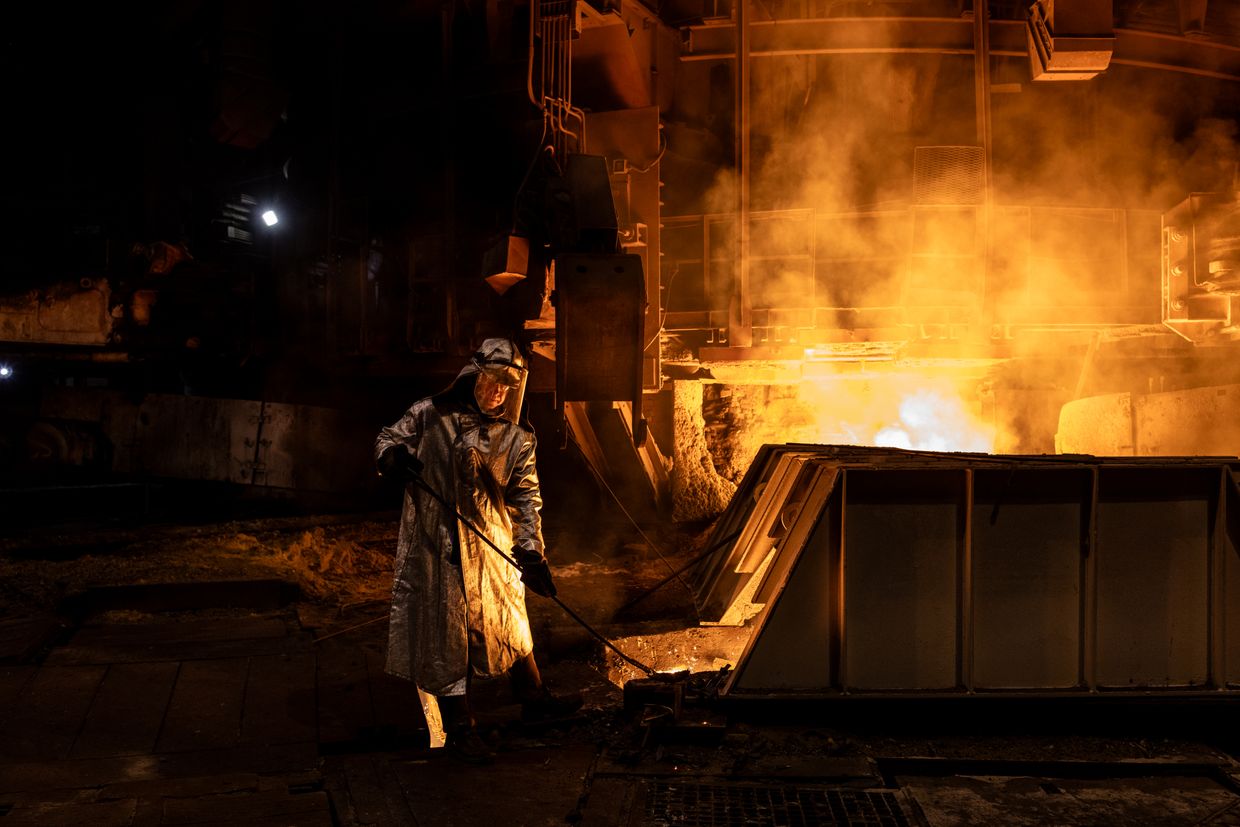The following is the Aug. 13, 2024 edition of our Ukraine Business Roundup weekly newsletter. To get the biggest news in business and tech from Ukraine directly in your inbox, subscribe here.
While most businesses around the world worry about their bottom lines, businesses in Ukraine have what appears to be an ever-growing list of concerns the longer Russia’s war goes on: missile and drone attacks, mobilization, migration abroad, lack of foreign investment, and a tight labor market.
Late last week, Russia struck a supermarket in the city of Kostiantynivka in Donetsk Oblast, killing at least 14 people and injuring dozens. A nearby freight department of Ukraine’s largest private postal company Nova Poshta was also damaged, destroying packages.
Attacks like the one above don’t just have an immediate impact on the business itself and its employees and their families. Their effects multiply across the entire country and even outside of Ukraine's borders as each attack is one more reason for would-be investors to stay away.
After Russia’s July 8 attack on the Okhmatdyt Children’s Hospital, an acquaintance of mine in the business community in Kyiv told me two of her employees quit and left the city, citing fears their children could be injured in similar, future attacks. Replacing them will not be easy, she said.
What if those families move abroad indefinitely? The country loses out on what they had to offer. Their children may grow up outside of Ukraine, likely losing their connection with their homeland forever.
The Ukrainian government estimates around 700,000 people may leave Ukraine over the next year. If the country says goodbye to that many people each year, you can only imagine how its development will suffer.
It already is. Ukraine’s economy is feeling the labor crunch brought on by Russia’s war as companies face the reality that a large portion of their workforce has simply vanished, Kyiv Independent reporter Andrea Januta wrote in her latest.
“I have been in HR for a long time, and such a situation has never existed in Ukraine’s labor market,” Yana Romanenko, human resources director for Nibulon, Ukraine’s agricultural giant, told Januta.
“Moreover, the problem is getting worse. Today, it is not about finding the best on the market, but finding someone at all.”
Companies are trying to adjust by expanding their pools of candidates to recruit from, looking for ways to retain existing talent, increasingly relying on automation, and raising wages, among other tactics, Januta writes.
But it isn’t easy to adjust to such uncertainty. The government’s increased mobilization drive is worsening the situation as men move further into the shadows to avoid official work where the conscription office can easily find them.
For the people who live and work in Ukraine, the stress of simply being in a country at war undoubtedly affects their productivity. The ongoing war is also tearing families apart as some men are fighting and women and children go abroad.
One source told our reporter that divorce among their employees was becoming an increasing source of stress. A number of the large company’s male employees' wives have gone abroad. Their relationships aren’t surviving the distance.
In light of the aforementioned, it’s remarkable that Ukrainian businesses have remained so resilient. Some of them are still attracting millions in investments from abroad, albeit mostly in the tech sector which has fewer physical assets and is less vulnerable to attacks. Even Nova Poshta, which has been affected by so many Russian strikes, has expanded into over 12 European countries over the past two and a half years.
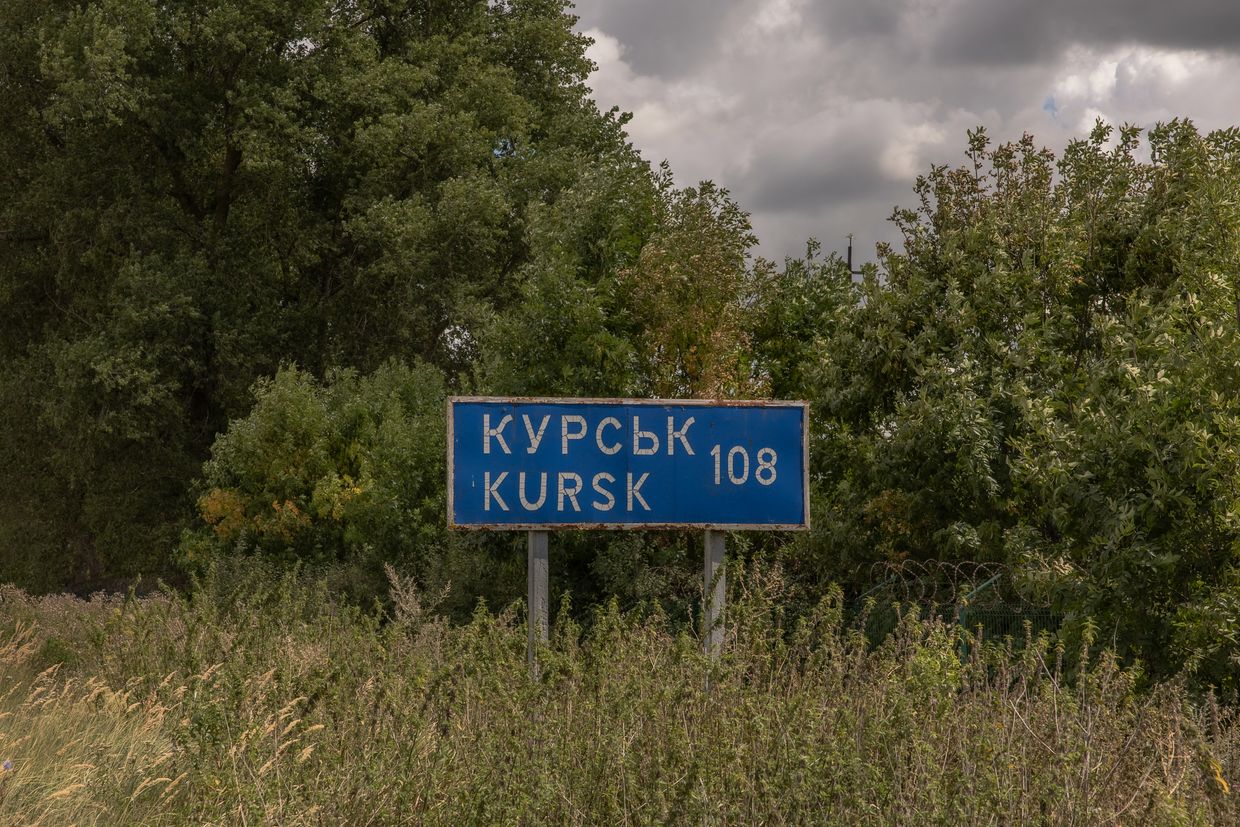
Not even invading Russia will stop the gas from flowing
Kyiv and Moscow plan to continue transmitting gas to Europe despite Ukraine's incursion in Kursk Oblast near a key cross-border transit point for the fuel, Bloomberg reported on Aug. 12, citing its undisclosed sources.
Ukrainian forces on Aug. 9 reportedly entered the town of Sudzha in Kursk Oblast, where a gas-intake station is located, which transfers gas from Russia to Ukraine and then to Europe.
The cross-border point has been under the control of Ukrainian troops following the incursion, two undisclosed sources told Bloomberg. But any accidental damage to the facility could lead to halting supplies, another undisclosed source said.
The incursion led to a sharp increase in European gas prices over fears the fighting could lead to a halt in supplies. European traders are already nervous about disruptions in the market as a deal to transit Russian gas through Ukraine is set to end in four months.
Read more here.
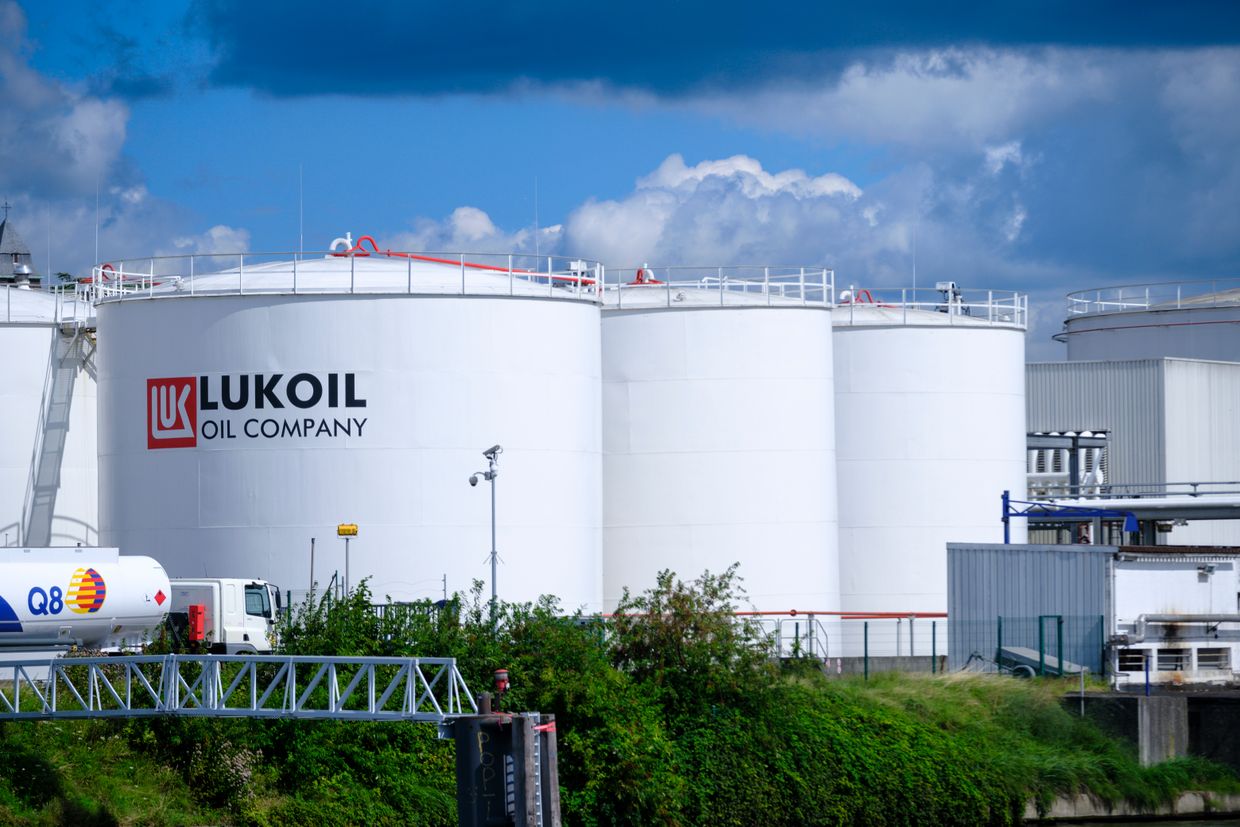
Orban the outcast
Hungary’s Prime Minister Viktor Orban found few sympathetic friends after causing a ruckus in Europe over Kyiv’s sanctions on Russian oil company Lukoil.
Brussels pointed towards alternative oil routes through Croatia, while Kyiv said that Russian oil flow had not dropped because non-sanctioned companies replaced Lukoil. Even Hungarian oil monopoly Mol said there was no need to panic.
Experts believe Budapest’s vitriol was likely stoked by Lukoil and Moscow. Orban has maintained close ties with Vladimir Putin and put little effort into diversifying its oil imports, even two years after the EU sanctioned Russia’s oil and energy sector.
“You can see a long-term policy of pro-Russia energy and climate policy in Hungary,” Wojciech Jakobik, a Warsaw-based energy analyst, said, adding that Russia could paralyze Hungary’s economy if it acts against Moscow’s interests.
Read the full analysis here.
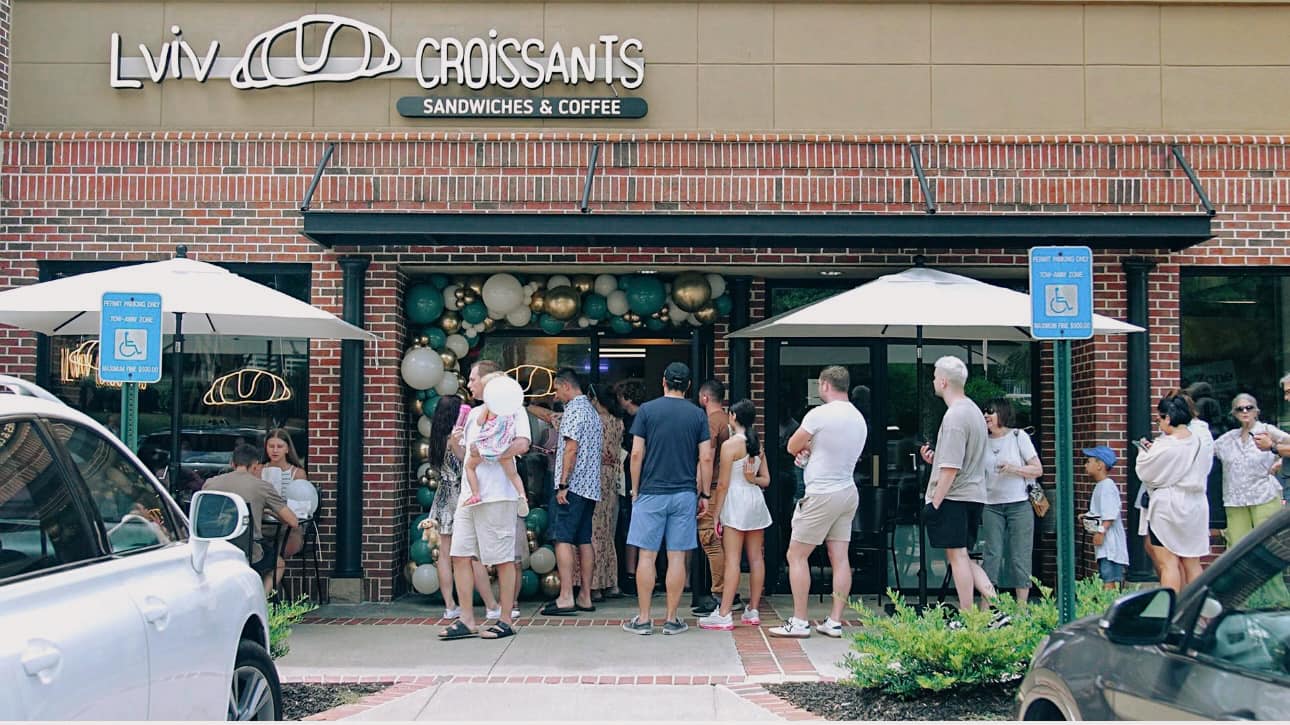
Ukrainian fast food takes on America
The Ukraine-based fast-food chain Lviv Croissants opened its first U.S. location in Roswell, a suburb of Atlanta, on Aug. 10. Founded in Lviv in 2015, the chain has since expanded to over 180 stores across Ukraine, Poland, Slovakia, and now the U.S.
The company’s U.S. partner, Brett Larrabee, who is now CEO of Lviv Croissants USA, told a Georgia news outlet that he and Lviv Croissants co-founder Andrii Halytskyi had been wanting to bring the chain to the U.S. for some time now. They’ve invested over $200,000 in the bakery and the local production of frozen croissants.
“Every time I went by a Lviv (Croissants), they were packed,” he said. “After 37 years, I know what works and what doesn’t, what consumers want and don’t want. Lviv has a high-quality product and offers great coffee, great food, and a great ambiance where people can go and hang out and be part of a community.”
Read more here.
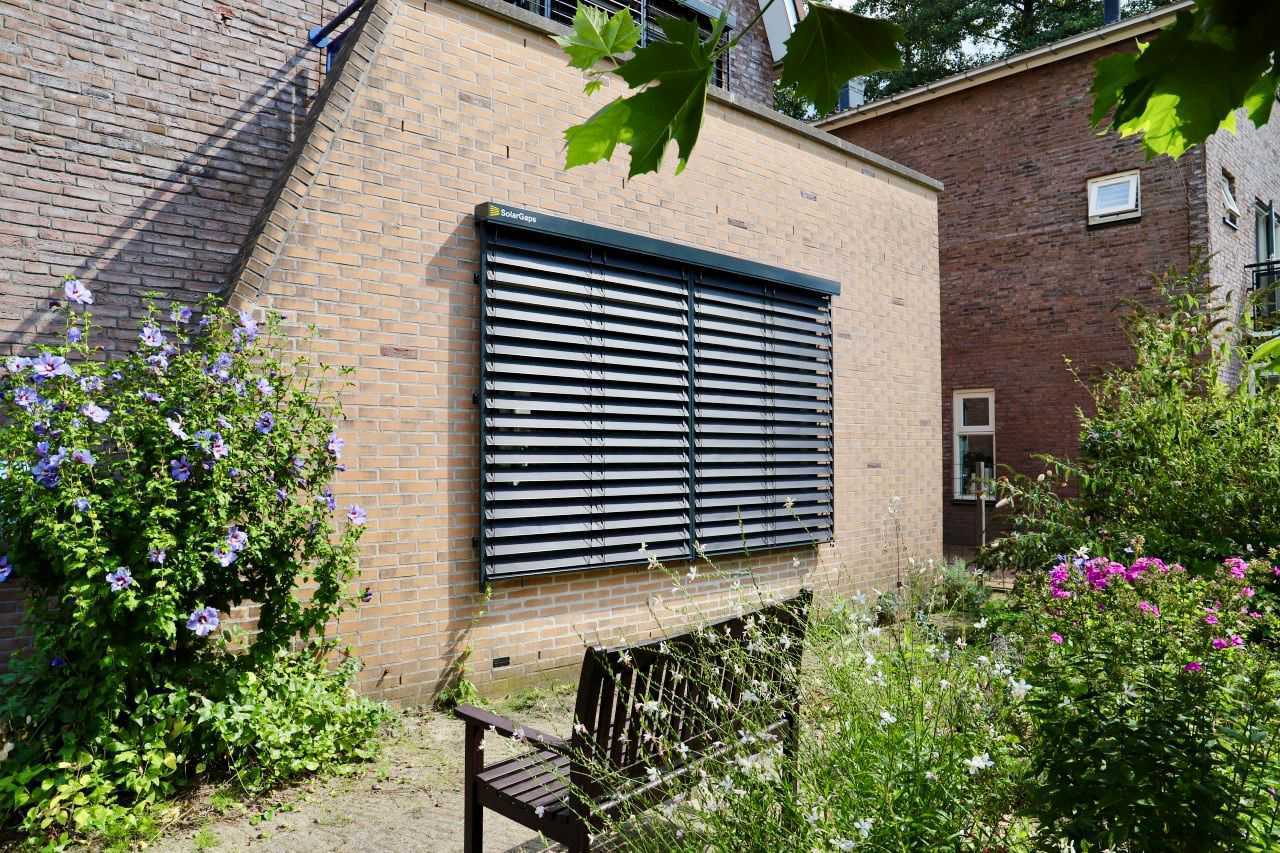
SolarGaps imagines a brighter future
After realizing that the solar panels on his roof failed to cover his air conditioning costs during summer, SolarGaps CEO Yevgen Erik had an idea to create solar-powered blinds that would track the movement of the sun, like a sunflower, and provide shade to his home.
“We are losing so much energy through windows,” Erik told the Kyiv Independent. “I saw how we need to take something from nature and bring it to our homes.”
Erik took the idea to the IoT Hub in Kyiv where he formed a team and launched SolarGaps in 2016. The Ukrainian-based company has since received $1.5 million in investments and $1 million in grants funded by the European Commission.
Since the start of the full-scale invasion, Erik says “hundreds of Ukrainians” have turned to his company’s solar panel blinds to keep the lights on amid Russia’s mass attacks on energy infrastructure.
Read business reporter Dominic Culverwell’s full story here.
What else is happening
Ukraine aims to boost share of consumption of green energy to 27% by 2030
Ukraine's government has approved a plan to increase the share of renewable energy in overall power consumption to 27% over the next six years, Prime Minister Denys Shmyhal said. The country will need $20 billion in investments to develop the renewable energy sector as part of the plan, which envisages providing support quotas for green energy producers, Reuters reported.
Kyiv receives $4.6 billion from EU under Ukraine Facility program
Ukraine has received 4.2 billion euros ($4.6 billion) as part of the EU's four-year financial support program. "This assistance is crucial to maintain our macro-financial stability, advance recovery, and drive key reforms," Prime Minister Denys Shmyhal said. The sum is the first regular installment under the Ukraine Facility, a plan approved by the EU that allocates 33 billion euros ($36 billion) in loans and 17 billion euros ($18 billion) in grants to Kyiv.
Ukraine's deputy energy minister arrested on corruption charges
Ukraine's deputy energy minister Oleksandr Kheilo was arrested on corruption charges for allegedly demanding bribes from representatives of a state-owned coal company to facilitate the transfer of mining equipment from near the front-line hotspot of Pokrovsk in Donetsk Oblast to the Lviv-Volyn region in western Ukraine. While the State Security Service of Ukraine (SBU) did not name Kheilo in its statement on the arrest, Ukrainska Pravda confirmed he was the individual in question. The Ukrainian government also published his dismissal on its official website.
Ukrainian law enforcement adds to oligarch Kolomoisky’s list of accusations
Ukraine's Bureau of Economic Security said it has changed the previously announced accusations against oligarch Ihor Kolomoisky, adding more charges of fraud to a list of accusations that includes money laundering and ordering an assassination. According to law enforcement, Kolomoisky embezzled loans from his then-bank PrivatBank and had them transferred to his personal accounts. The disgraced oligarch has been sitting in a pre-trial detention center since September.
Ukroboronprom joins ranks of world's top 50 defense companies for first time
Ukraine's state-owned defense company, the Ukrainian Defense Industry (Ukroboronprom), was ranked for the first time in history among the top 50 global defense companies by Defense News, Strategic Industries Minister Alexander Kamyshin said on Aug. 8. Ukroboronprom was ranked 65th last year, moving up by 16 positions in 2024. According to Kamyshin, Ukroboronprom is growing the fastest of the world's 100 largest defense companies. In 2023, Ukroboronprom's revenue grew by 72% to $2.2 billion, the minister added.




